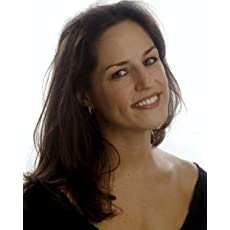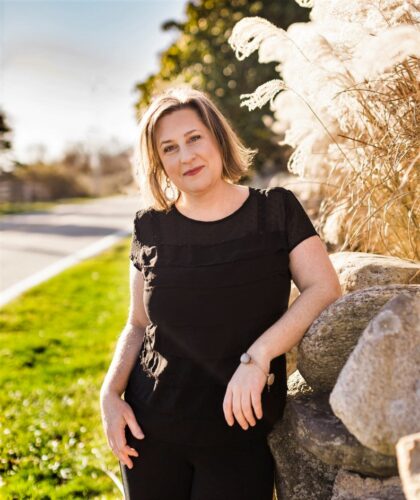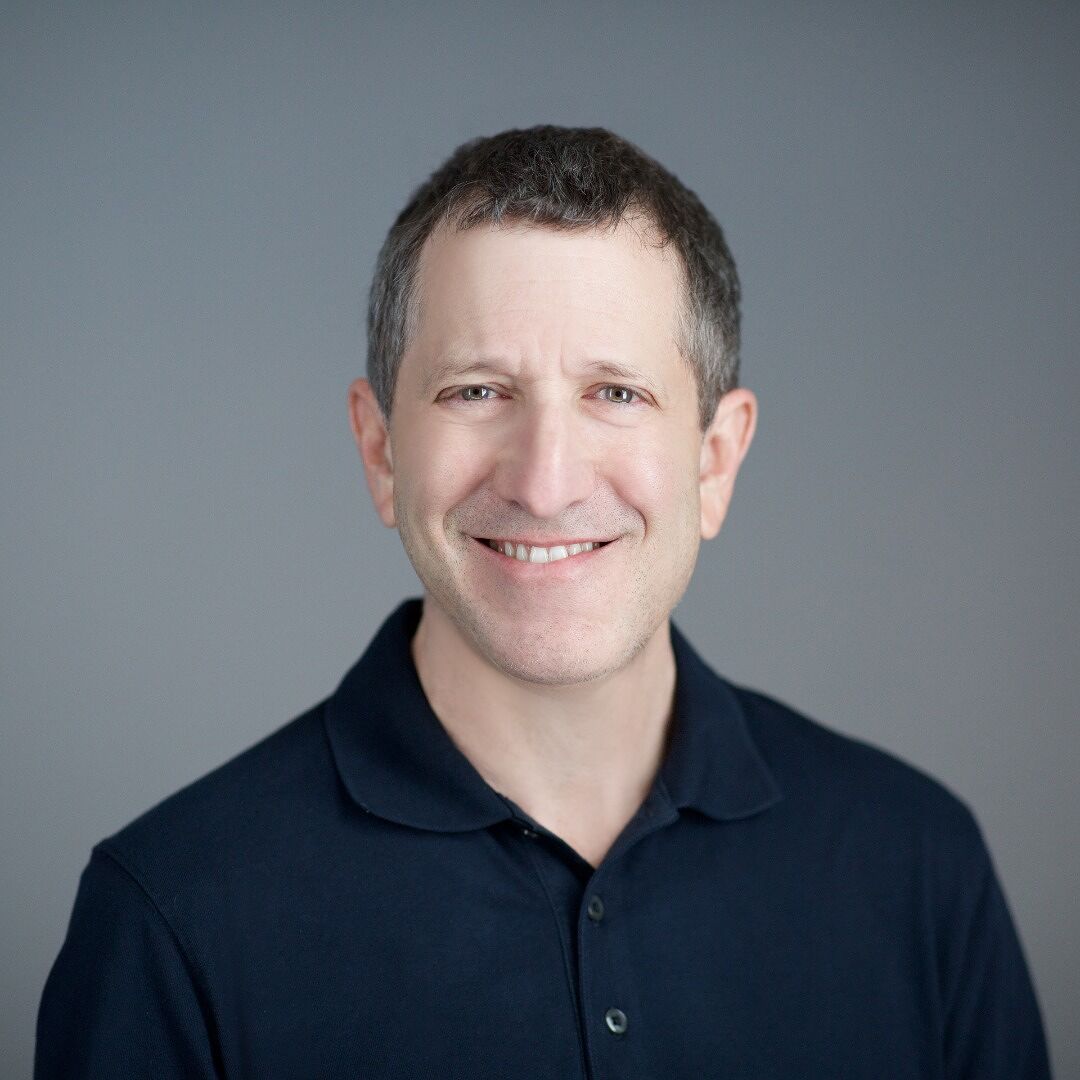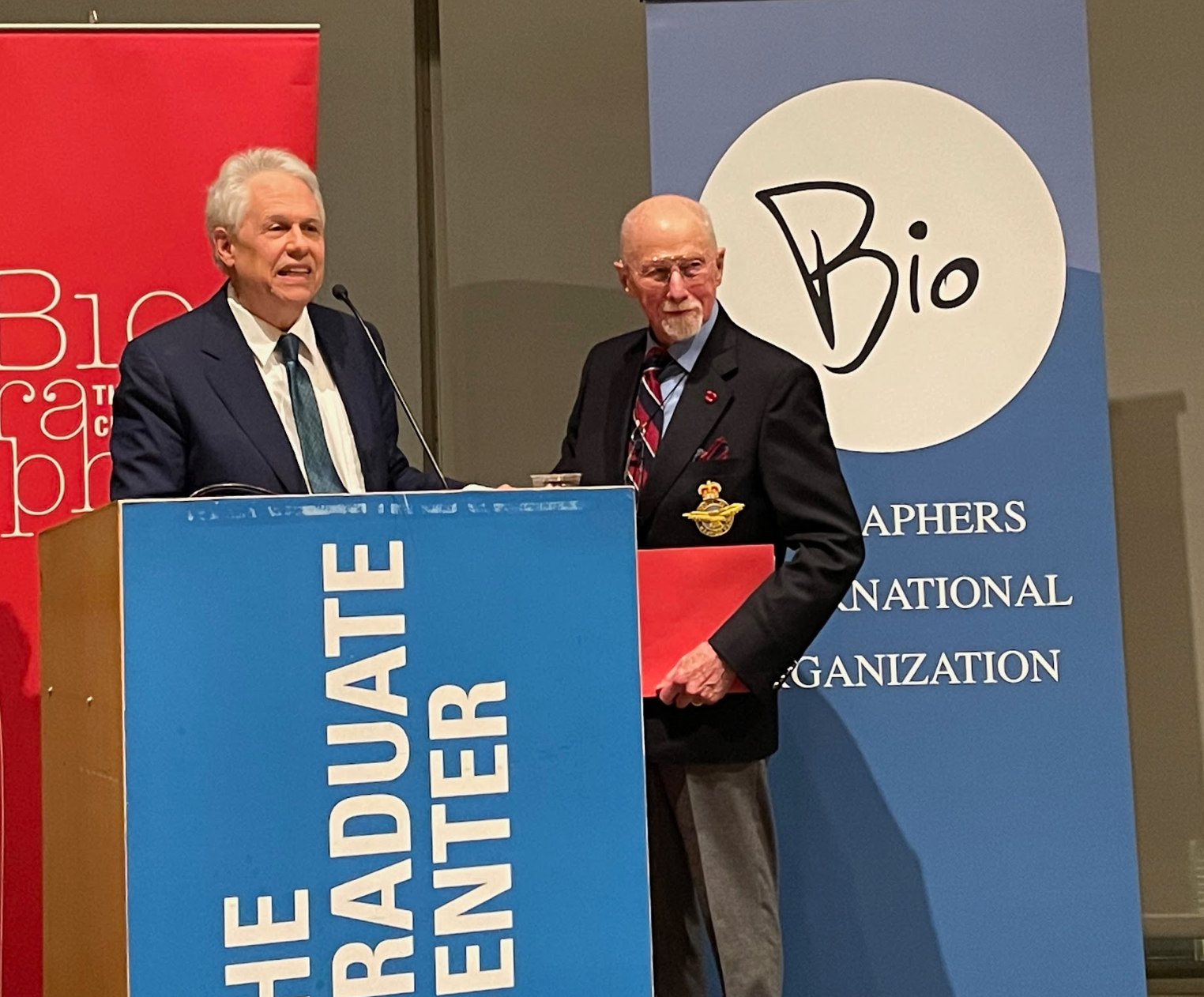BIO Conference Preview: Writing the First Biography of Your Subject: A Q&A with Debby Applegate and Abigail Santamaria
Debby Applegate is the author of The Most Famous Man in America: The Biography of Henry Ward Beecher (Doubleday, 2006), winner of the 2007 Pulitzer Prize for Biography; and Madam: The Biography of Polly Adler, Icon of the Jazz Age (forthcoming from Doubleday, November 2, 2021). Abigail Santamaria is the author of Joy: Poet, Seeker, and the Woman Who Captivated C. S. Lewis (Houghton Mifflin Harcourt, 2015), and I Am Meg: The Life of Madeleine L’Engle (forthcoming, Farrar, Straus & Giroux). Debby will moderate the conference panel “Writing the First Biography of Your Subject,” which will feature Abigail, Justin Gifford, and Carol Sklenicka.
Abigail Santamaria: Tell me a bit about the subjects of your two books. What writings about their lives preceded your work?
Debby Applegate: The subject of my first book, the once world-famous Reverend Henry Ward Beecher, had many biographies before me, ranging in quality and orientation from hagiography to hatchet job. But he’d been assigned to the dustbin of history after a national sex scandal, so no one, not even scholars, had looked at them in many decades. It was the best of both worlds: lots of shoulders to stand on, but plenty of freedom to do my own fact-gathering and form my own opinions.
My new book is the first biography of Polly Adler, an infamous and influential madam in Jazz Age New York, whose brothel was a bawdy salon as well as, in her words, a “speakeasy with a harem conveniently handy.” But she did publish a bestselling 1953 memoir, A House is Not a Home, which gave me a foundation, however faulty. Surprisingly, given her underworld occupation, she was shockingly well-documented in newspapers, memoirs, criminal records, FBI files, and other sources. So, it was easy to indulge that first biographer obsession with finding every tiny scrap of her life. Too easy, really, since in the end I spent 14 years on that obsession, even knowing I could include only a fraction of what I found. If I could’ve gotten away with it, this book would’ve been 1,000 pages and featured no fewer than 200 pictures. But to justify that kind of heft, you definitely need, say, an Abraham Lincoln or a Hillary Clinton.
AS: What do you see as unique roles and responsibilities of a first biographer, and how those may be different from the roles and responsibilities of, say, the next person to tackle Lincoln again.
DA: I have never been tempted to write a biography of a familiar figure, although I have been urged to pick a president—certainly that is a more lucrative bet. I’m not sure why, now that you ask. I suppose it is because the part I love is the research, the thrill of the hunt, the adrenalin of following hunches and finding hidden clues. Writing is the price I have to pay for spending my days nosing around the archives and devouring old newspapers.
I suppose first biographers need to be extra scrupulous since they are establishing the factual foundation, and so often later writers or readers won’t bother to go to the original sources but instead take your word for granted. Conversely, first biographers are also much more tempted to include every little nugget they’ve found, every nifty discovery, and justify the bloat with the belief that no one may pass this way again, so they better get it into the historical record while they have a chance. Which is great for later biographers, but not so fun for the reader.
AS: I’m writing the first adult biography of Madeleine L’Engle (there have been several middle grades and YA bios). My greatest challenge has also been my greatest pleasure: combing through some 100 boxes of her papers, unprocessed and languishing in a Manhattan Mini Storage Unit on the Upper West Side. (I’ve never had greater appreciation for processed archives with finding aids!) As your subject’s first biographer, what has been your greatest challenge and your greatest pleasure?
DA: This is an easy question. The greatest challenge? Polly Adler’s life is brimming with lies and liars. Corrupt politicians, avaricious businessmen, cheating husbands, confidence artists, and criminals of every stripe, not to mention Polly herself, as her entire career was built on keeping secrets and breaking the law. I should note that I spent a lot of time with liars in my first book about the Calvinists, so lying may be an occupational hazard for biographers even in the best of circumstances.
The greatest pleasure was discovering a suitcase filled with the writing notebooks and correspondence of Polly’s ghostwriter, Virginia Faulkner, which she used when working on A House is Not a Home. The papers included many of the real names, dates, and events that had been whitewashed or omitted in her book, even a list of all the top gangsters she knew well but couldn’t name. It felt like stumbling onto the key to a puzzle in a fairy tale—that’s how extraordinary it was.
My greatest disappointment was finding out that Polly had saved trunks full of keepsakes, scrapbooks, tape-recorded reminiscences, correspondence, and inscribed books from her author friends—but her last surviving brother was so ashamed of his sister the madam that he threw most of it away after she died. Some of that material may yet turn up, but it still turns my stomach to think of all that was lost.
AS: Heather Clark, author of Red Comet: The Short Life and Blazing Art of Sylvia Plath, wrote her subject’s 8th major biography. She and I often discuss the pros and cons of being a subject’s first, and I asked her to pitch in to this conversation: “In my biography of Plath,” Heather says, “I felt I had to respond, either directly and indirectly, to 50 years’ worth of biographical writing about Plath, which was exhausting in its own way. (Janet Malcolm wrote an entire book on the perils of Plath biography!) I was also constantly justifying my book to skeptics, why we needed yet another biography of Plath. It was, and still is, tiring to defend my work over and over again (how many books do we have about Hemingway!), and I’m sure I internalized some of that skepticism. So I can see the advantages, now, of writing that first biography, and the freedom of interpretation it allows. Fact-gathering is more time consuming, of course, but you have that unencumbered mental space to create the narrative rather than react to a narrative that already exists. That must be thrilling.”
Your response?
DA:I am 100 percent in agreement. It is thrilling! I’ve not had to deal with what Heather describes but just imagining all those voices, all those authorities and opinions, dominating the conversation from the get-go gives me the heebie-jeebies. The upside of working among the obscure is that no one but other similarly obsessed pedants are going to argue with you. Even if they disagree, it’s usually a surprise and a pleasure to find someone else knows what you’re talking about.
AS: If you could write a first biography of anyone—if you could have that clean slate—whom would you choose, and why? I ask this with full recognition of the fact that you have a book in production, so perhaps you want to throw your computer through the window rather than contemplate a next subject.
DA: You are right about that. However, I have been fantasizing about taking some of the wonderful characters from Polly Adler’s story that didn’t get enough time on stage, and writing a book of interlocking biographical profiles. Midtown Manhattan in the Jazz Age—the nexus of Broadway, Tin Pan Alley and Madison Square Garden—was as much a classic cultural “scene” as, say, Paris of the Lost Generation or Greenwich Village in the beatnik era or Sunset Strip in the early decades of rock and roll. I would love to bring that scene back to life and reestablish its importance and influence on 20th-century American culture. As I say, I hate the idea of leaving all my delicious research on the cutting room floor.
AS: Going forward, would you be more or less inclined to take on another subject’s first biography? Will the experience of writing a subject’s first biography shape your choice of future subjects?
DA: You know, I have spent most of my adult life crafting just two, intricate baubles designed to amuse as much as anything else. At the rate I’m turning them out, I can’t fit that many more book projects into my lifespan. Lately, it has been occurring to me that perhaps I ought to have made more of a contribution to the land of the living rather than whiling away so many of my days in the company of the dead. Of course, at this point I may have unfitted myself for other occupations. Your question is making me think that if I do give in to habit and start another book maybe I should transcend my heebie-jeebies and choose something well-known, well-documented, and well-loved, and make it a slick think-piece rather than a deep dive into America’s attic. Whatever comes next, at least it should be a lot shorter.



